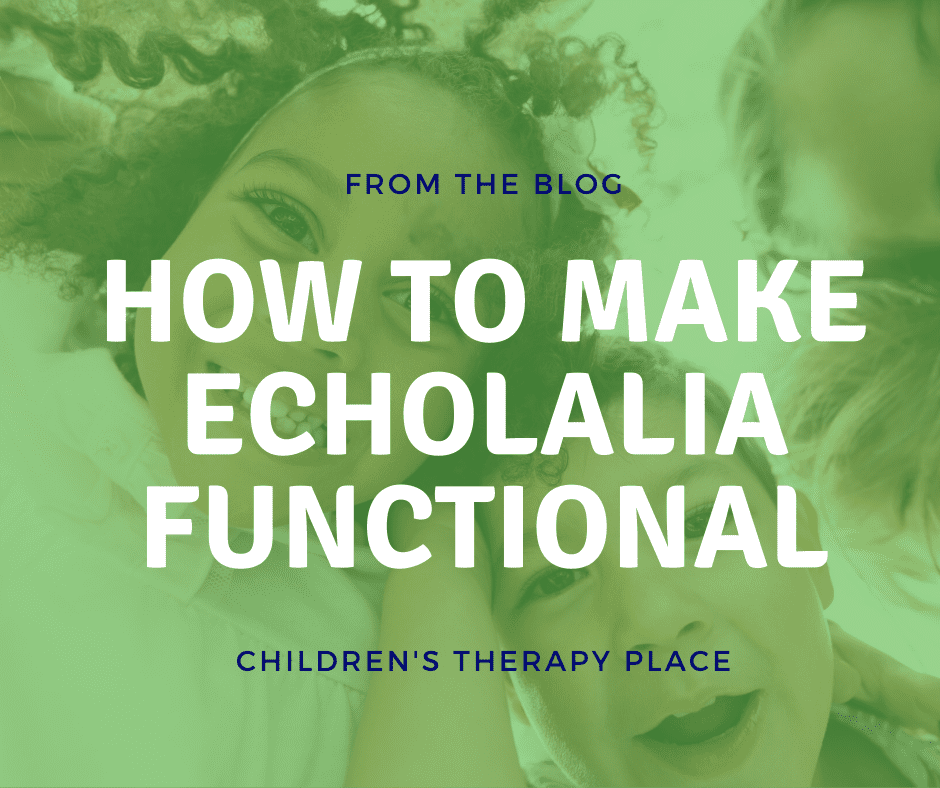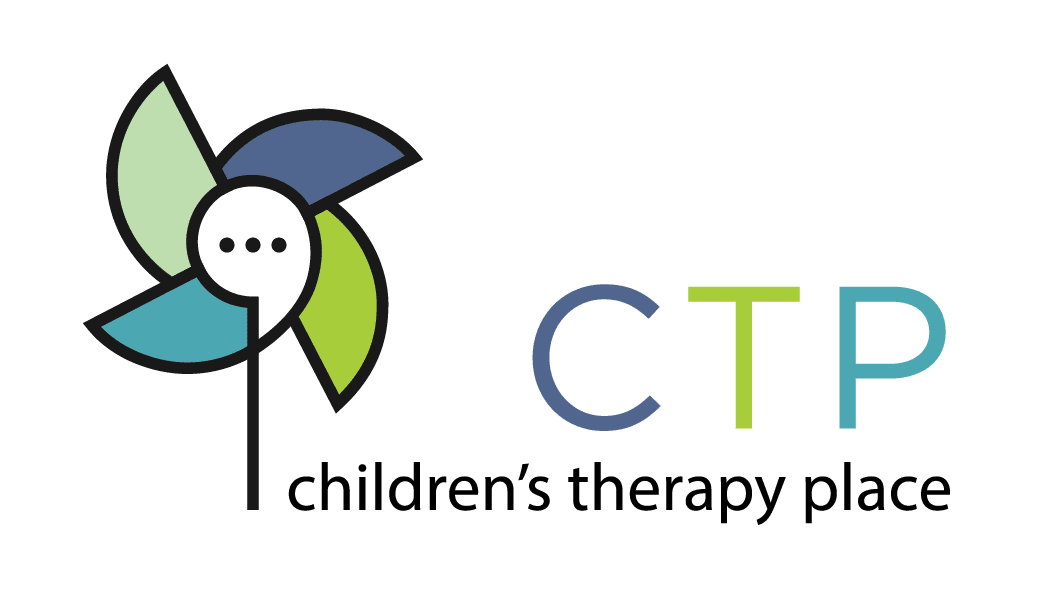How To Make Echolalia Functional

What is it, how is it functional, and how does it relate to the two primary language acquisition styles?
Definition:
Echolalia (noun) is the repetition of others’ spoken words.
Examples:
Quoting lines from movies or famous sayings
Repeating words heard immediately
Repeating words heard a long time ago
Repeating a question rather than answering it
Pretending within play
Functional uses:
For communication: requesting, answering yes/no questions, directing others, calling for others, affirming, protesting, labeling, providing information, completing phrases/sentences, turn-taking
For cognition: rehearsing, assisting with memory
For self-regulation:
Reminding oneself of rules and how to act in certain situations.
Who uses echolalia? Everyone!
(E.g., quoting lines from movies, songs, plays, jokes, people around us) People with autism are primarily associated with the use of echolalia because many are gestalt language processors.
Types of language learners:
Analytic processors:
Learn a language in small units — primarily words use utterances primarily for the purpose of referencing, such as labeling objects move from single-word utterances to two-and three-word utterances learn the rules of language, which allows for more complex grammar may be easier to understand and therefore seem to talk earlier.
Gestalt processors:
Learn a language in large units – intonationally defined strings use multiword phrases to function as single words intend the meaning of utterances to relate to specific situations for long periods of time have relatively inflexible language in the early stages recombine memorized phrases/sentences to convey more complex meaning may be difficult to understand for a longer period of time because their lengthy utterances are harder to say clearly need to slowly break down their larger units into smaller units, and finally into words so they can begin to create word combinations like their analytical cohorts.
Examples:
Analytic processor: An individual may say “go” to mean he/she wants to leave, wants something to be activated, wants a person to throw the ball, etc. Gestalt processor: An individual may use the phrase “To infinity and beyond!” to mean, “Let’s start the activity;” “It’s time to go;” “I feel excited;” “We’re done with the activity and it must be time for a new one,” etc. It is the role of the listener to determine the meaning of the gestalt (or single word, in the case of the analytic processor), which can sometimes be determined by identifying the original source of the utterance.
Therapeutic intervention for gestalt processors:
Determine which stage of language development they are currently using between stages one through six (based on Blanc 2012) Provide intervention within the stage, then begin modeling utterances appropriate for the next stage Use the gestalts to formulate new utterances (e.g., To the store and beyond! To the park and beyond!)
Begin phrases with words such as “Let’s,” It’s” and “I’m” Avoid asking questions; the gestalt processor may hear it as a phrase to memorize rather than a question to answer Use all other forms of pragmatic functions: protest, greet, comment, describe, express feelings, complain, label, inform, answer, seek attention, etc.
Result:
Expect both analytic and gestalt processors to achieve high levels of communication with the appropriate type of intervention!
Primary source: Webinar entitled “A Language-Based Approach to Managing Echolalia” by Lillian Stiegler, Ph.D., CCC-SLP, including comparisons between analytic processors and gestalt processors from Prizant 1983.
By Alissa Ketterling, M.S., CCC-SLP

